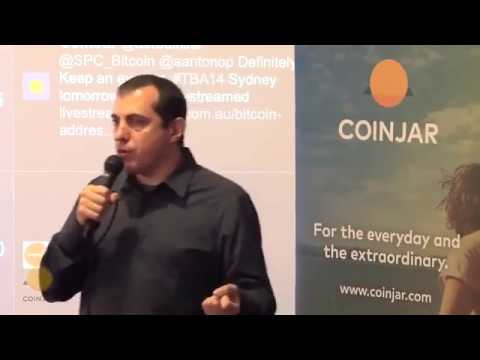I have a suggestion that could make Bisq the most popular exchange for the 2 billion people worldwide who are unbanked. I would love to discuss this in detail, as I have researched this a lot, but for now here is the idea in summary:
- There are over 2 billion people unbanked, and a further billion or more that don’t have KYC attributes (like IDs) even though they have wealth. Andreas Antonopoulos does a good job summarising it here:
And so does this article:
The world’s 2 billion unbanked, in 6 charts
- By employing a model known as “agency banking”, bisq can enable independent ‘agents’ to be the bridge that onboards the unbanked into the crypto space. Image, for example, a small pharmacy or restaurant in Kenya, India, China, Sudan, even USA, has a bank account, and they connect that bank account to bisq as normal. Their local customers can then deposit/withdraw local fiat via this restaurant or pharmacy. The phramacy gets a small trading fee. And bisq provides a mechanism that enables that agency function so that the customers can have their own wallet confirmation that is between them and the agent, while the agent has a wallet confirmation between them and the bisq network of other traders.
This model has been proven very successfully in Kenya by a company called Safaricom, with a product called MPESA. MPESA’s agency banking model was so successful that now 32% of Kenya’s GDP passes through this system. Here are some docs on that:
I know this sounds like breaking the whole point of peer to peer privacy, but you have to have lived in non-western developed countries (which is the majority of the world) to understand that the typical rice farmer, for example, wont be able to download java clients on laptops (they dont use laptops, only smart phones) and they wont likely have the kind of bank account we expect, yet they will have wealth, and will like bitcoin. So if they can find a solution that works simply on a smart phone, and they can on board using their local trusted shop owner friend or where they eat, then you really open up the world to crypto!
What do you think about this?
Thanks,
David
